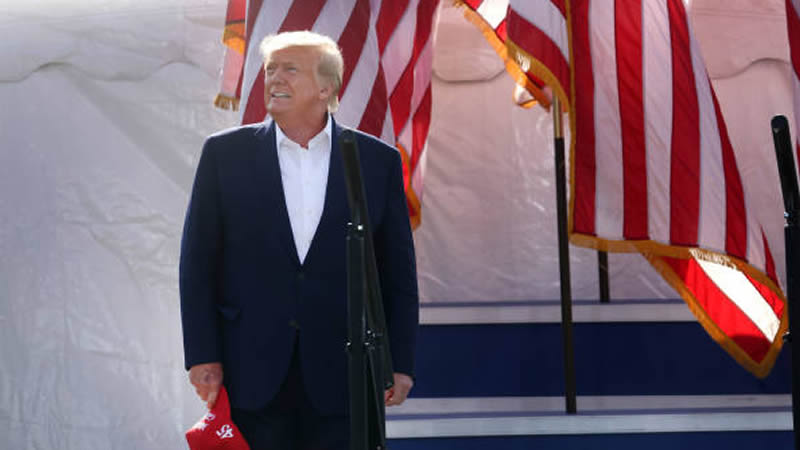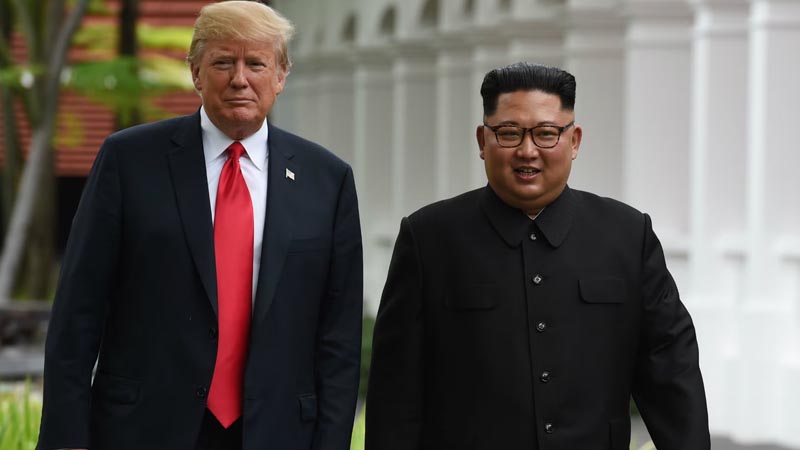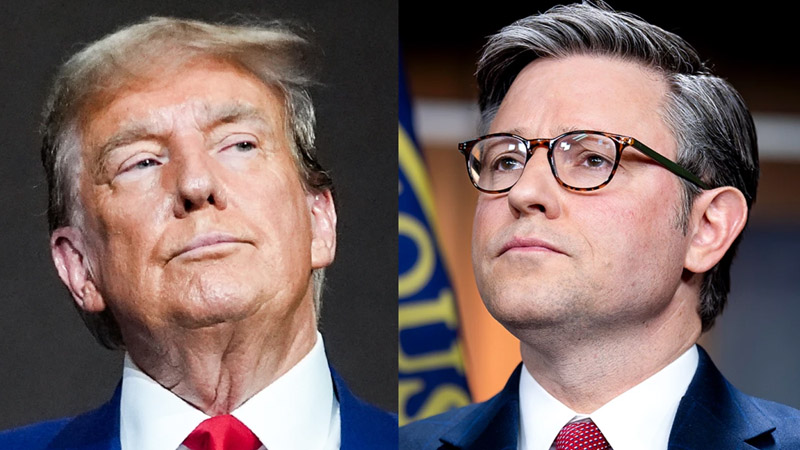Trump’s Election Denialism May Undermine His 2024 Bid, Says Democratic Strategist

(image credit: Getty Images)
Tim Persico, a Democratic strategist, expressed skepticism about Donald Trump’s prospects in the 2024 presidential race, largely due to Trump’s persistent refusal to acknowledge his defeat in the 2020 election. During a discussion on The New Republic’s “Daily Blast” podcast, hosted by Greg Sargent, Persico elaborated on his viewpoint, suggesting that as the electorate becomes more engaged and gains a clearer understanding of the implications of a second Trump presidency, the tide seems to be turning in favor of the Democrats.
A critical weakness for Trump, according to Persico, is his unwavering commitment to disputing the 2020 election results. Trump’s continuous promotion of these falsehoods, Persico argues, is a strategic misstep that may alienate voters in the upcoming election.
“Trump’s insistence on election denialism, coupled with his propagation of fraud allegations and conspiracy theories concerning democratic processes, is profoundly unpopular with the electorate,” Persico observed. He anticipates that Trump’s focus on these issues will be a recurring theme throughout his campaign, posing a significant challenge for the Republican party.
Moreover, Persico highlighted the difficulty Republicans will face in distancing themselves from Trump’s conspiracy theories, as the former president has made them a core component of his political endorsement. Despite this, Persico cautioned against underestimating Trump, acknowledging his track record of mobilizing a base of infrequent right-wing voters who typically abstain from participating in elections.
Conversely, Sargent noted the current predicament faced by Republicans in swing districts, who find themselves trapped between appeasing moderate voters and aligning with Trump’s contentious rhetoric. The perception among these moderates that actions undermining law enforcement and democratic institutions are unacceptable complicates the Republicans’ strategy.
Trump’s campaign strategy, which includes honoring and pledging pardons to individuals incarcerated for their involvement in the violent insurrection at the U.S. Capitol, further complicates the Republican narrative. This approach, which solidifies Trump’s stance on controversial issues, may ultimately shape the landscape of the 2024 election, challenging the Republican party’s ability to appeal to a broader electorate while remaining loyal to Trump’s divisive agenda. Persico’s insights underscore the complex dynamics at play within the Republican party and the broader political arena as the 2024 presidential race begins to take shape.


